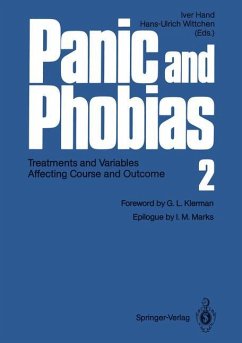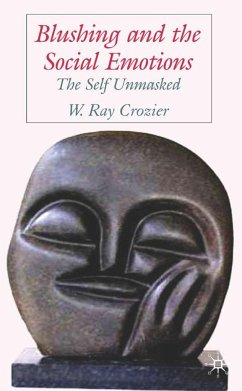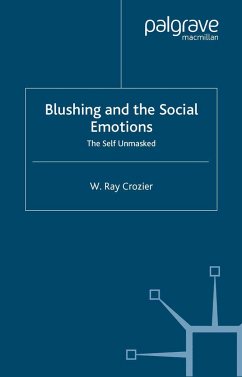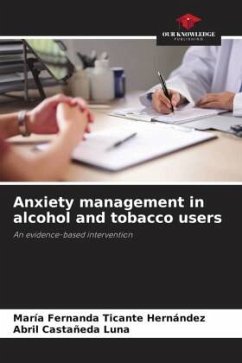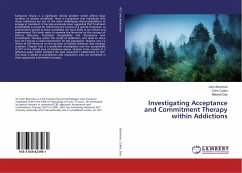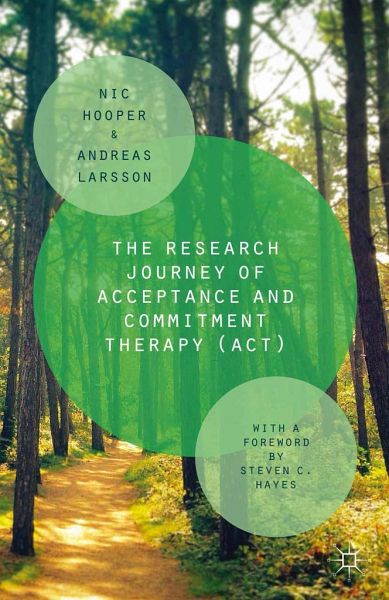
The Research Journey of Acceptance and Commitment Therapy (Act)
Versandkostenfrei!
Versandfertig in 6-10 Tagen
38,99 €
inkl. MwSt.
Weitere Ausgaben:

PAYBACK Punkte
19 °P sammeln!
In 1986 the first research study investigating Acceptance and Commitment Therapy (ACT) was published. It aimed to determine if an early conceptualization of the ACT model could be used to treat depression. Since this seminal study, further investigations have been conducted across every imaginable psychological issue and the rate at which this research has emerged is impressive. This book describes the research journey that ACT has taken in the past 30 years. It also suggests, in light of the progress that has already been made, how ACT research should move forward in the coming decades.




